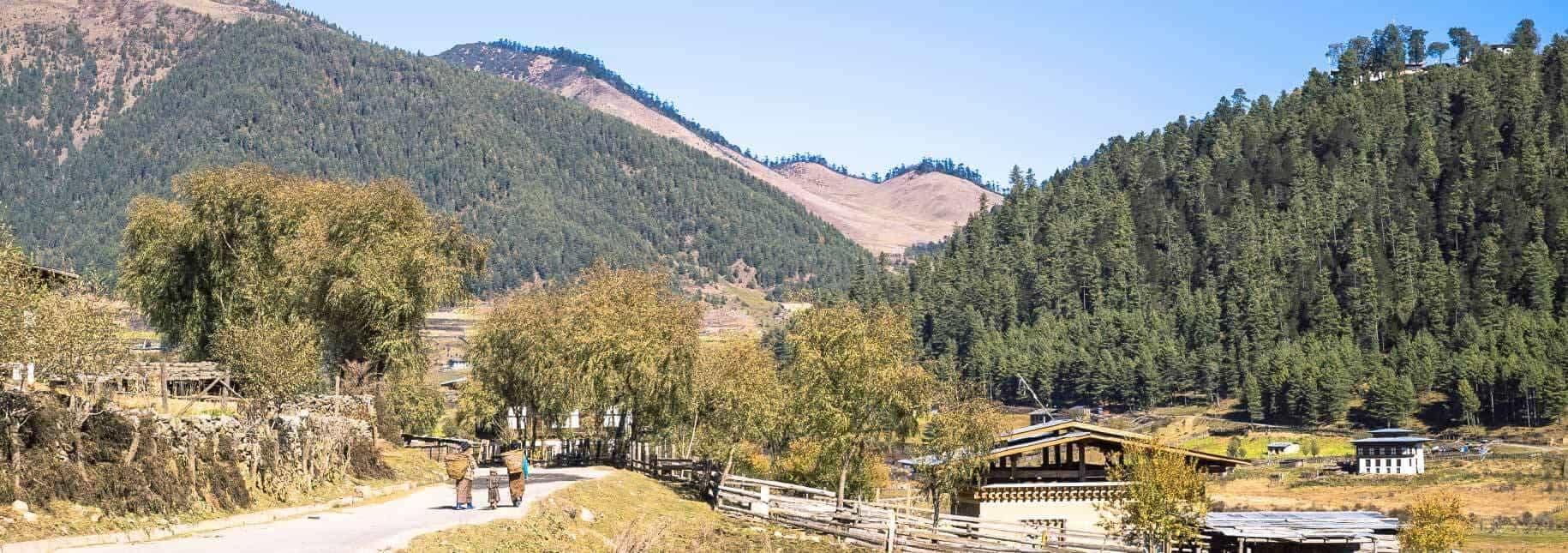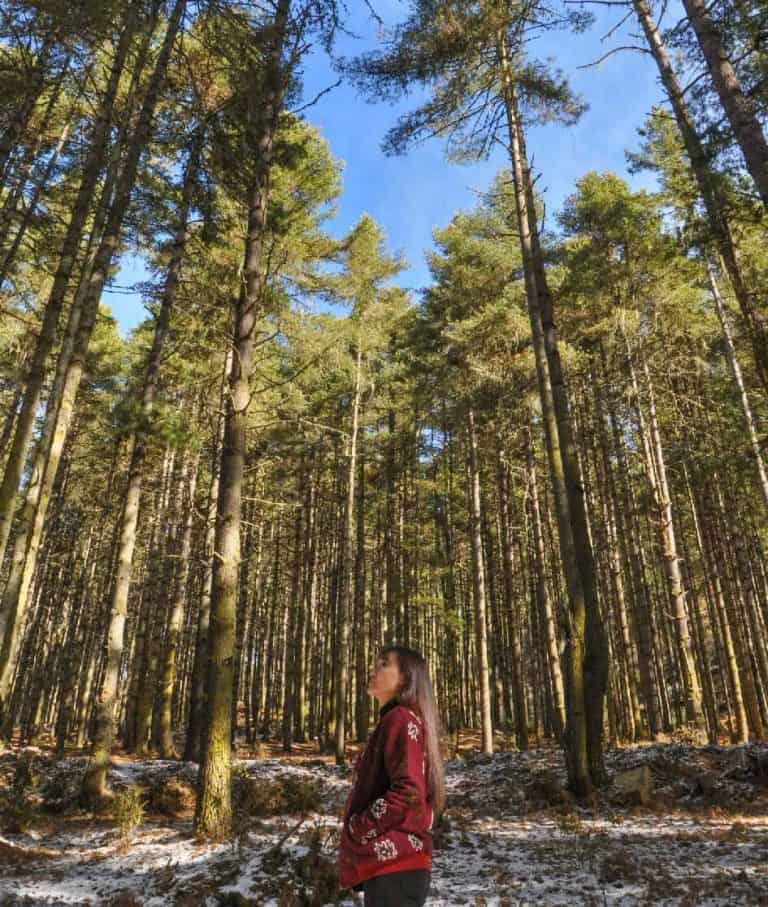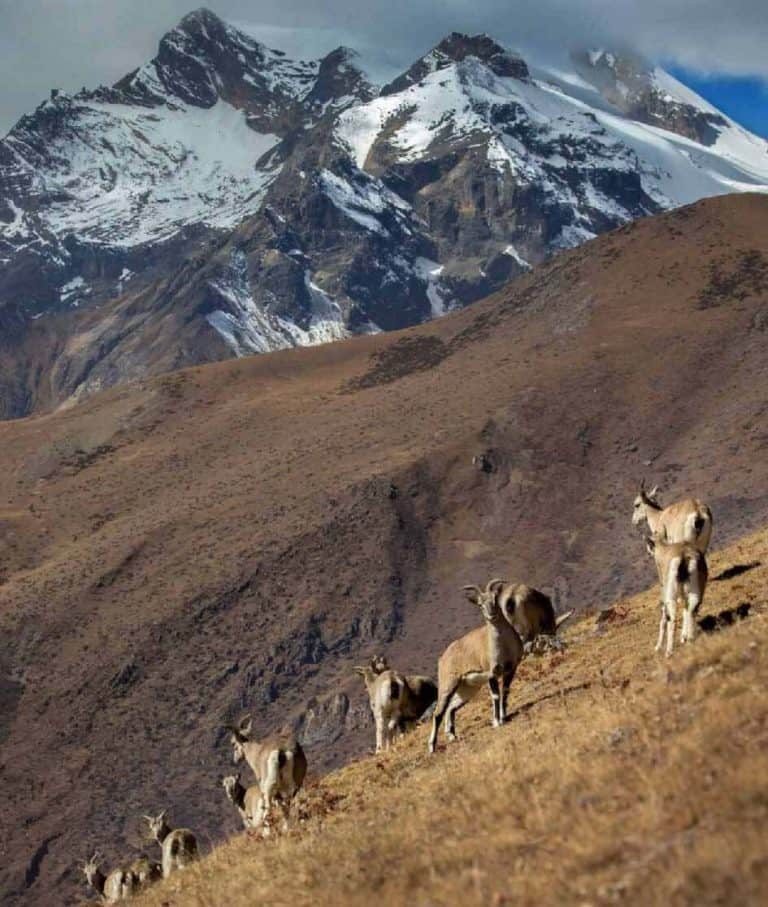Bhutan’s tourism tag-line is “Happiness is a place” and certainly there are few other countries in the world quite so rooted in a sense of place as Bhutan. This is a place of mountain peaks and frozen glaciers, of fast-flowing rivers and pristine lakes, of forests full of fragrant pine trees and ancient cypress and at this time of year, valleys abundant with rhododendron, magnolia and cherry blossom.
What is striking about this, however, is the melding of nature with culture in Bhutan. The Bhutanese people are influenced by the Buddhist philosophy of interdependence – the concept that everything in the universe is connected and, therefore, our actions and behaviours impact everything around us. As a result, they carefully consider the impact of their actions on the those around them, the wider society and the environment. This is evident in the generous hospitality they show to guests across the country and in their displays of compassion towards all sentient beings.
These Buddhist values shape everyday life, particularly non-violence towards animals and taking only what is needed from the forests and rivers and valleys, and have resulted in a landscape where people and wildlife thrive side by side. Where big changes to the environment need to take place, such as major infrastructure projects, they are preceded by an environmental impact assessment and also by rituals and offerings to appease the local spirits and deities. Fishing is banned (exceptions require a special permit and are allowed on a ‘catch and release’ basis only) mountains are considered to be the home of local deities and therefore holy and not to be climbed or conquered (Bhutan is home to Gangkhar Puensum which at 7,570m is the world’s highest unclimbed mountain) and there are strict laws pertaining to how much wood can be felled from the forests every year. In fact, it has been legislated that more than 70% of the country must remain under forest cover at any one time and this large amount of tree cover means Bhutan absorbs more carbon dioxide than it produces. As a result Bhutan is currently the only country in the world that is carbon negative.









